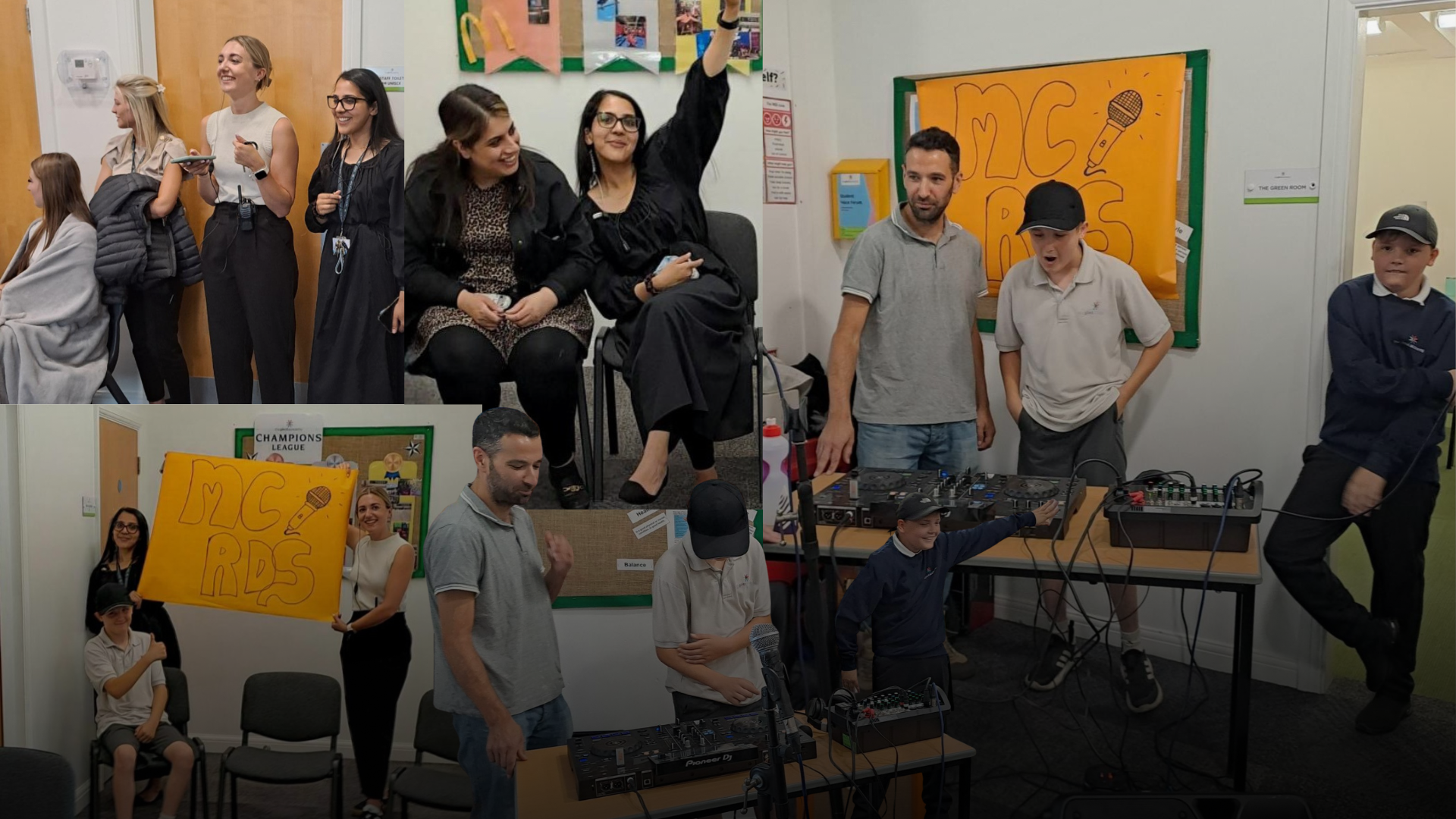
Concerns Mount as Government Considers Changes to EHCP Funding and Access
In recent news, it has been suggested that the government are currently discussing the EHCP (Educational Health Care Plan) with potential plans to reduce the number of children and young people who have access to it. The EHCP is legally enforceable and is put in place for children who require extra support and personalised teaching plans as decided by a healthcare professional. For many, education without an EHCP would be significantly more challenging, with many failing to access lessons and social time, resulting in major developmental disadvantages.
The EHCP is a topic of discussion, as it is believed that the volume of those accessing it is unprecedented. Approximately 600,000 children have an EHCP, with 85% enrolled in mainstream schools, while the other 15% access education through special schools or alternative provisions. These figures highlight the necessity for EHCPs; for those children in the 15th percentile, tailored learning is in place; however, for the large majority, it is imperative that schools have the funding to support students with an EHCP.
Although the removal of the EHCP will have the most significant impact on those who already have one in place, it will also have a profound impact on other students in the classroom, as well as teachers.
Pivot CEO Michael Smith has this to say.
“This is not only about the pupils with special needs, but also about all pupils. Removing the funding will only add pressure to mainstream teachers. They are fantastic at what they do, but the reality is that they have 30+ children to educate at once. The funding will provide vital support to ensure everyone can continue to access education with the least disruption possible .”
Pivot and similar schools have the resources, skills and provisions to create tailored educational plans for those who have an EHCP; however, this is not the case in mainstream education. Pivot CEO Michael Smith has said this on the matter.
“We feel it is vital for the funding to remain in place for pupils with additional needs. There is a growing range of needs that are being identified. With this specialist staff and resources are essential. The funding is not only about pupils “getting through” education, but more importantly learning the skills to add to society throughout life. This will go towards helping them contribute to society, both from a social and economic standpoint. Our children of this generation deserve the utmost support, guidance, education, and care we can give them. Removing/cutting funding will undermine years of good work whilst also putting future pressure on the health , social care and emergency services.”
Changes are not imminent at this moment; Education Secretary Bridget Phillipson maintains that no final decisions have been made, and any reforms would be outlined in the autumn’s schools white paper. Nevertheless, campaigners are wary after ambiguous comments by senior officials. Here is what will happen in the coming months;
- A formal government consultation is expected later this year in the school’s white paper.
- If the petition continues growing, it may trigger a debate in Parliament.
- Over the summer and autumn, parents, schools, charities and MPs will likely push for clarity and stronger protections.
A coalition of more than 50 academics, charities, campaigners, and public figures — from IPSEA and the National Autistic Society to novelist David Mitchell — has launched the Save Our Children’s Rights (SOCR) campaign. Their petition has quickly surpassed 100,000 signatures, prompting calls for a parliamentary debate theguardian.com+13theguardian.com+13theguardian.com+13.


